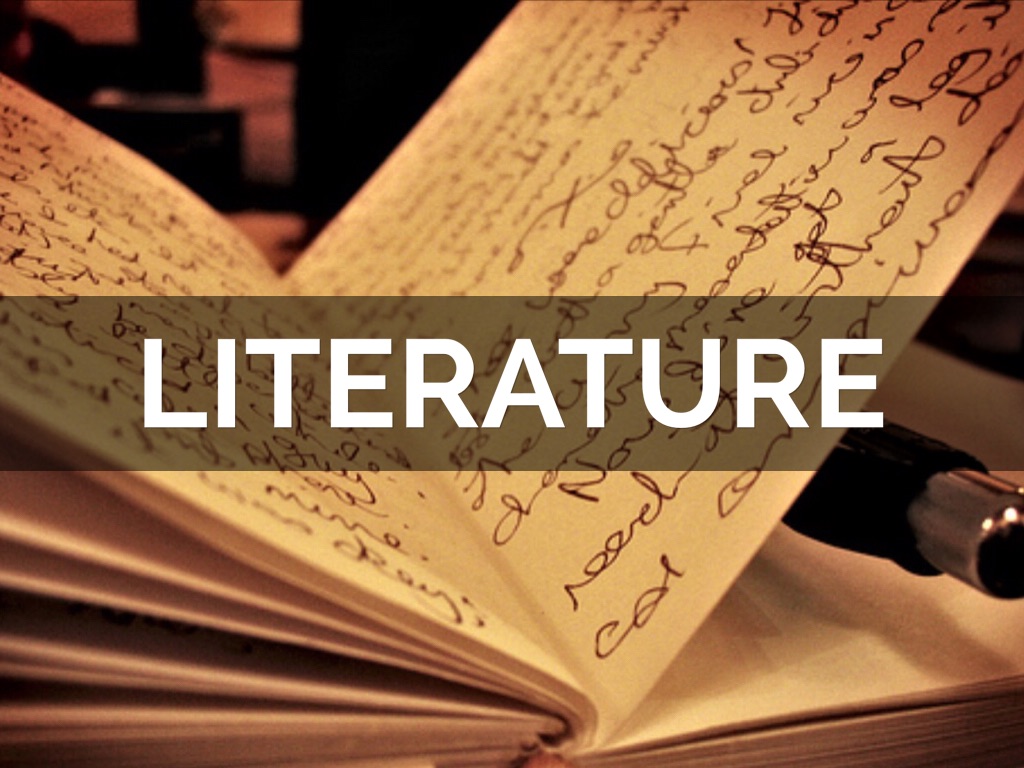Exploring Indigenous Voices: The Rise of First Nations Narratives in Canadian Literature

In recent years, the presence and influence of Indigenous voices in Canadian literature have expanded significantly. Historically, the Canadian literary landscape has been dominated by narratives that often marginalized or silenced Indigenous perspectives. However, there has been a profound shift as Indigenous authors and storytellers have gained recognition, sharing their rich cultural heritage, diverse experiences, and unique worldviews. This rise of First Nations narratives in Canadian literature reflects broader societal changes, including efforts towards reconciliation and a growing awareness of Indigenous histories and rights.
The Historical Context
For much of Canada’s history, Indigenous voices were largely excluded from mainstream literary circles. Indigenous stories were told orally within their communities, with few opportunities for publication or recognition in the broader literary market. When Indigenous people did appear in literature, they were often portrayed through a colonial lens, misrepresented or reduced to stereotypes. The cultural and political dominance of European settlers relegated Indigenous narratives to the margins, while the consequences of colonization—such as the residential school system and land dispossession—devastated Indigenous communities and their cultural expressions.
The late 20th century saw the beginning of change, with Indigenous writers like Tomson Highway, Lee Maracle, and Maria Campbell challenging the established narrative. Their works offered powerful insights into the lived experiences of Indigenous peoples, often highlighting the intergenerational trauma caused by colonization, while also celebrating Indigenous resilience, culture, and connection to the land. These early pioneers set the stage for the flourishing of Indigenous literature seen today.
The Renaissance of Indigenous Literature
In the 21st century, Indigenous literature in Canada has experienced a renaissance. Authors such as Richard Wagamese, Eden Robinson, Thomas King, and Cherie Dimaline have gained widespread acclaim, their works resonating with readers across the country and beyond. These writers blend traditional storytelling techniques with contemporary literary forms, weaving together personal, political, and cultural narratives that challenge stereotypes and offer new ways of understanding Indigenous life and history.
A key theme in Indigenous literature is the reclamation of voice and agency. Many works focus on the impacts of colonization, including the trauma of residential schools, forced assimilation, and the ongoing struggles for land rights and political sovereignty. However, these narratives are not solely defined by pain and loss. Indigenous authors often write about healing, cultural revival, and the strength of Indigenous identities. For example, Richard Wagamese’s novel Indian Horse explores the legacy of residential schools, but it also tells a story of resilience and the restorative power of connection to culture and nature.
The Role of Indigenous Women in Literature
Indigenous women have played a crucial role in the rise of First Nations narratives in Canadian literature. Writers like Leanne Betasamosake Simpson and Katherena Vermette focus on themes of matriarchy, feminism, and the importance of community. Their works emphasize the importance of women in Indigenous societies and challenge both colonial and patriarchal systems that have sought to diminish their roles. Through poetry, short stories, and novels, these authors bring attention to issues such as Missing and Murdered Indigenous Women and Girls (MMIWG), land rights, and the revitalization of Indigenous languages and customs.
The Future of Indigenous Literature in Canada
As Canada continues its journey toward reconciliation, Indigenous literature plays an essential role in fostering understanding and empathy. First Nations narratives provide a window into Indigenous worldviews, histories, and futures, challenging non-Indigenous readers to confront the legacies of colonization. For Indigenous readers, these stories affirm cultural pride and identity, offering a sense of belonging and empowerment.
The rise of Indigenous voices in Canadian literature is more than just a literary movement—it is part of a broader cultural renaissance that promises to reshape the future of Canadian identity. As Indigenous authors continue to gain recognition, their stories will undoubtedly enrich and diversify the Canadian literary canon for generations to come.